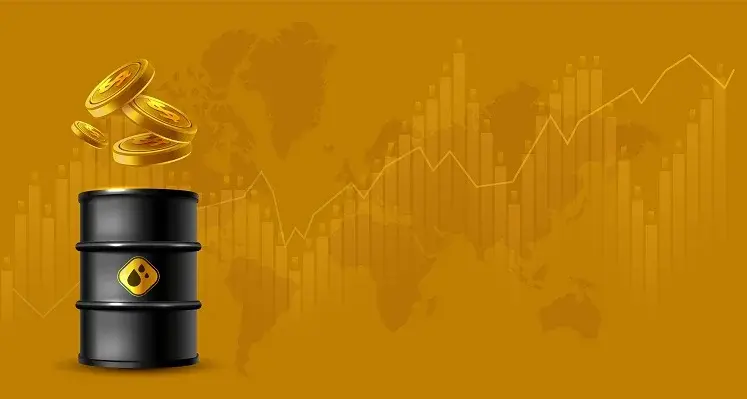Bloomberg Intelligence's February oil-price survey has concluded that Brent oil may remain above US$80 a barrel by 2024 end, the price that OPEC+ is apparently targeting as a floor
This apprehension reflects 53% of respondents to the survey, with only 5% expecting prices to go beyond US$100.
A quarter (24%) of the respondents is looking at 2023 to mark peak oil demand - compared with almost 50% in BI’s 2022 oil survey - as demand resilience and the outlook for continued consumption seemingly falters. To top that, a staggering 92% of the respondents believe that there is a less than a US$5-a-barrel geopolitical risk premium attached to oil prices by the market currently, despite several high-profile disputes and tensions.
Salih Yilmaz, senior industry analyst - energy at Bloomberg Intelligence, said, “The turmoil in the Red Sea and the Israel-Hamas conflict has arguably had a limited effect on prices, given there hasn't been any substantial disruption to oil flows, and OPEC+ has a meaningful amount of spare capacity. However, the Middle East tensions and the geopolitical risk premium may be slowly starting to become more baked into oil prices. That's after they were outweighed by weak economic prospects and a bleak demand picture in the past few months, as Brent oil price tests US$85 a barrel.”
The survey, however, observed a difference of opinion regarding what will primarily drive oil prices in the next two years. Around 27% of the respondents said it will be OPEC+ policy, while another 27% said it'll be the China demand story. Some 22% believe it will be the non-OPEC+ supply growth, and another 14% think it'll be the Fed policy and interest rate outlook.
Yilmaz said, “According to our findings, geopolitical developments have been one of the key drivers of crude in the past few months although only 10% of the respondents think this will be the biggest driver of oil prices over the next two years.
“The addition to OPEC of Russia and other oil-producing states has created a larger bloc, enabling more output to be monitored and managed. The group's agility has helped it become effective in responding to market moves. With a monitoring committee overseeing output more closely, OPEC+ is also arguably better positioned to manage the supply-demand balance.”
Global demand is forecast to be between 102-103 mn barrels a day (mmbpd) on average in 2024 (versus 101.8 mmbpd in 2023), according to 51% of respondents, while only 18% see it above 103 mmbpd.
Yilmaz said, “Global demand growth was underwhelming last year, driven by a softening outlook in China amid rising unemployment and turmoil in its property sector. Even so, demand is still expected to reach another record this year, helped by further recovery in jet-fuel consumption - about 8% of the pre-pandemic total.”







